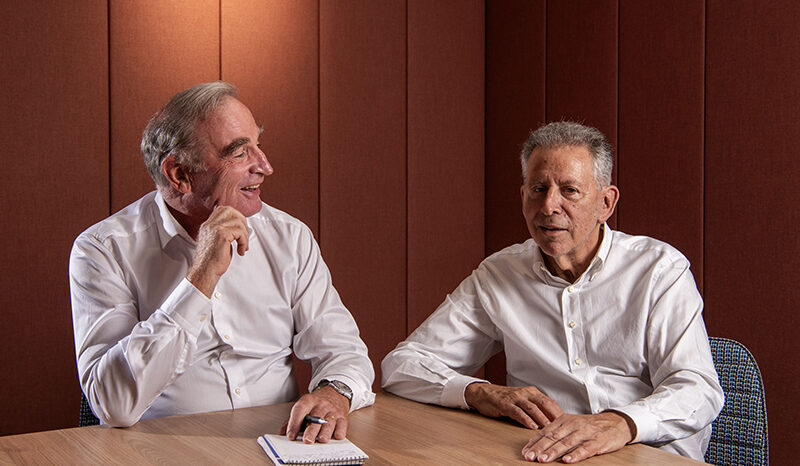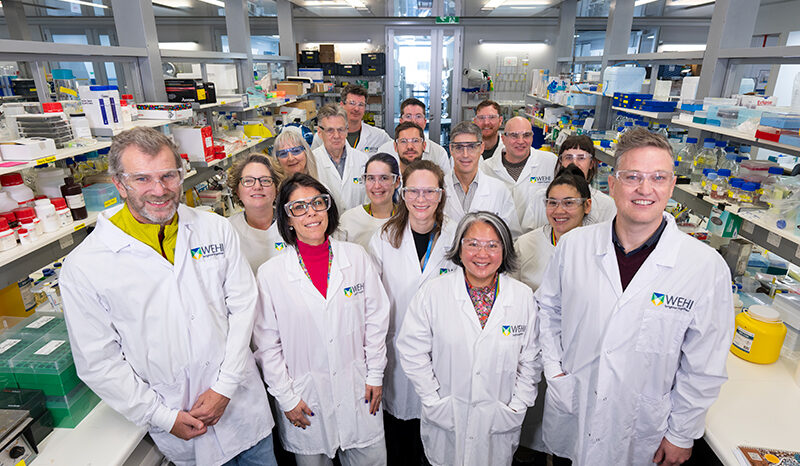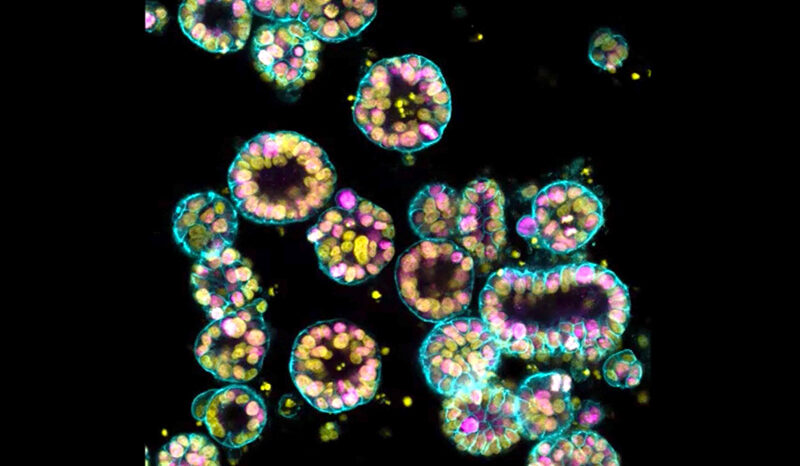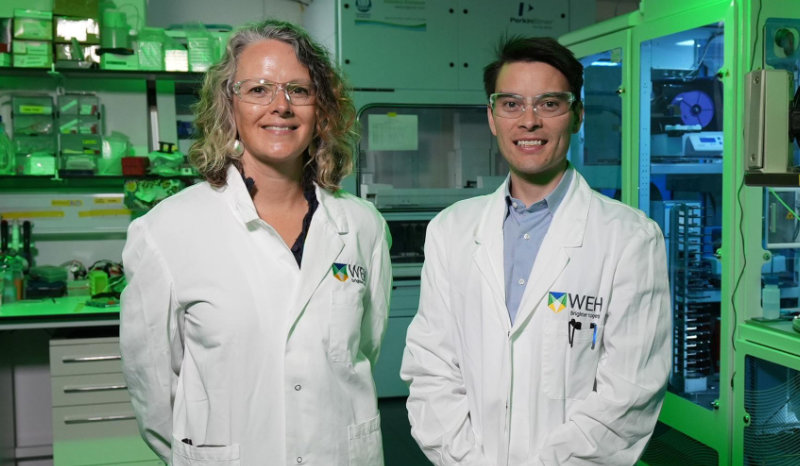Focus on early detection
Currently, there is no diagnostic test for dementia. By the time symptoms are noticed, most of the damage has already been done.
With a $15 million contribution from Colonial Foundation, the Colonial Foundation Healthy Ageing Centre was established – a joint project between the Institute and the Royal Melbourne Hospital (RMH).
An Australian first, the centre brings together clinicians, pathologists and researchers to develop technology for the early detection of neurodegenerative conditions that cause dementia in people as young as 40.
Institute proteomics laboratory head Associate Professor Andrew Webb, who co-leads the centre with RMH director of pathology Professor Frank Bowling, said the technology would use blood-borne signatures to detect early dementia.










